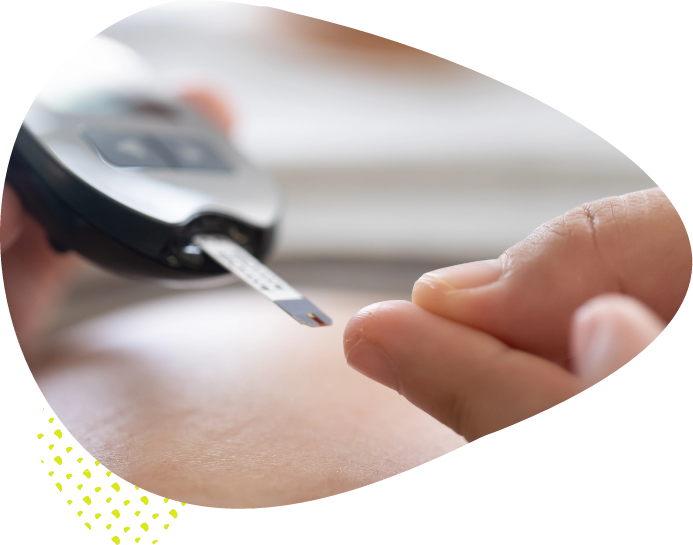Gestational Diabetes (GDM)

What causes
gestational diabetes?
- age (>35 years)
- increasing insulin resistance of pregnancy
- member of a high-risk population (Aboriginal, Asian, African, South Asian or Hispanic decent)
- family history of diabetes
- increased parity
- metabolic syndrome overweight and
- obesity
Gestational diabetes should be treated promptly as it is time sensitive. Goals should be individually established, easily measured, and achievable by nutrition intervention. These goals should be established between client and dietitian to ensure adequate nutrient intake.
How can Bites Dietitians help?

An interesting fact about diet and gestational diabetes
You don’t need to cut out sugar to manage your gestational diabetes! A very common misconception for mums is that a diagnosis of gestational diabetes means restricting foods they love and at a time where morning sickness and pregnancy cravings are high, this can be a really unhelpful belief! You can still eat “sugar” and carbohydrate based foods in a way that helps you to maintain appropriate blood glucose levels and in fact, carbohydrate is a necessary nutrient for foetal development. Please remember that low carbohydrate diets such as the “Keto” diet is contraindicated (considered unsafe) for pregnancy and should not be followed.

How can Bites Exercise Physiologists help?
An interesting fact about exercise and gestational diabetes:
What improvements can you expect from a tailored dietary and exercise prescription?

That You Might Like To Try
